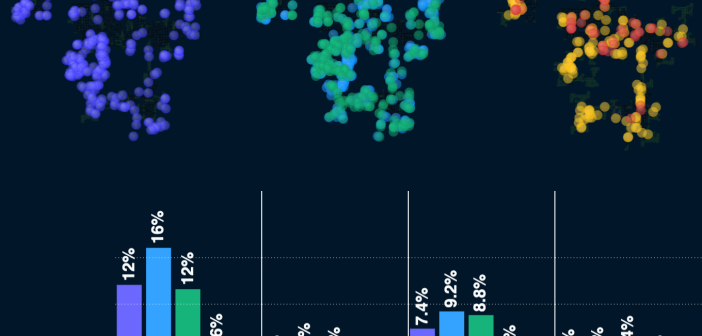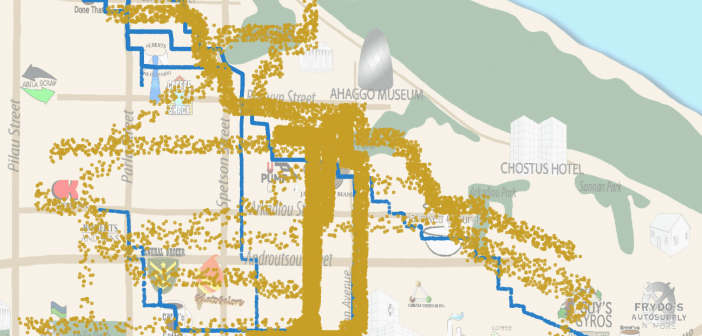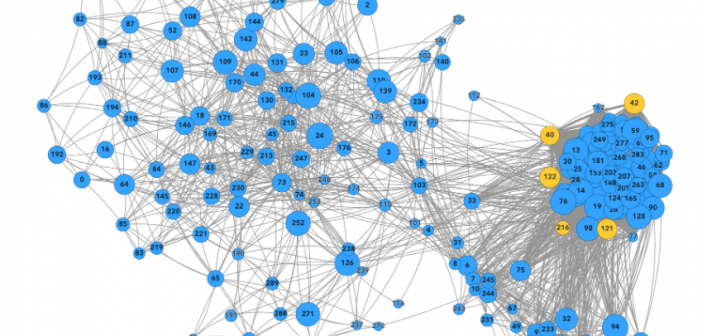
As part of this year's IEEE Visual Analytics Science and Technology (VAST) Challenge, a group of SAS data scientists puit SAS Viya and related machine learning tools to the ultimate test - to identify individuals in a complex fishing network. Excitedly, the team received the Honorable Mention Award for Breadth of Investigation!





